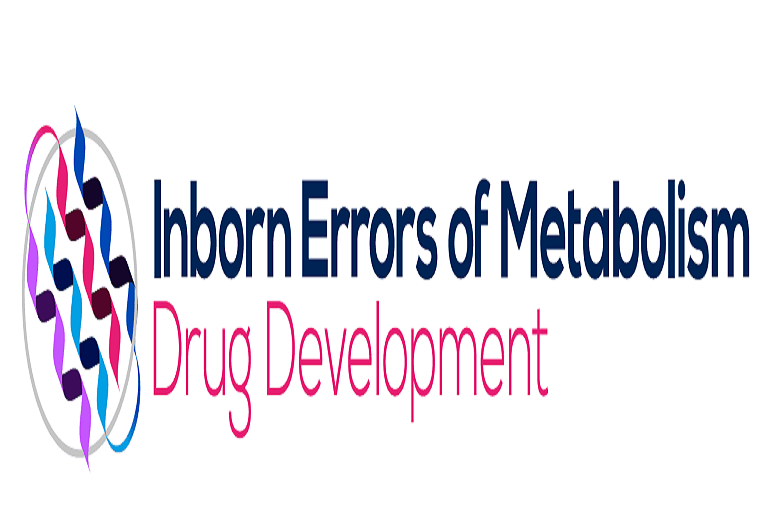Medical Health crisis straining Medicaid, according to KFF
The U.S. is disproportionately straining Medicaid, in part because behavioral health services cost the federal program more than for other payers, according to a new analysis from the Kaiser Family Foundation.
In addition, workforce challenges contribute to barriers in access to care and nearly half the U.S. population – 47%, or 158 million people – live in a mental health workforce shortage area. Workforce challenges are widespread and go beyond Medicaid, but shortages may be exacerbated in Medicaid, according to the analysis.
On average, it said, only 36% of psychiatrists accept new Medicaid patients – lower compared to other payers and compared to rates for physicians overall (71%). Even when providers accept Medicaid, they may only take a few patients or may not currently be taking new Medicaid patients.
KFF surveyed state Medicaid officials about their state’s strategies for addressing behavioral health workforce shortages that were in place in FY 2022, or planned for FY 2023. These questions were part of KFF’s Behavioral Health Survey of state Medicaid programs, fielded as a supplement to the 22nd annual budget survey of Medicaid officials conducted by KFF and Health Management Associates (HMA).
WHAT’S THE IMPACT?
Surveyors asked states about their strategies to address behavioral health workforce shortages. Nearly all states indicated using at least one specified strategy to increase the behavioral health workforce, with almost half of states endorsing at least one strategy in four key areas: increasing reimbursement rates, reducing administrative burden, extending the workforce and incentivizing participation.
Lower Medicaid payment rates relative to other payers, as well as disparities in pay between physical and mental health providers, could limit participation in Medicaid and further exacerbate existing workforce shortages, KFF found. Psychiatrists, for example, receive lower Medicaid reimbursement than primary care providers for similar services.
Yet states have considerable flexibility to set provider payment rates in fee-for-service. To attract or retain Medicaid behavioral health professionals, nearly two-thirds of responding states (28 of 44) implemented FFS rate increases in FY 2022 or plan to do so in FY 2023. Of these, 19 states reported rate increases in FY 2022, and 23 states reported plans to increase rates in FY 2023. Sixteen states reported no rate increases for 2022 and 2023.
Given the substantial behavioral health workforce shortage, many state strategies focus on options that extend the workforce, such as reimbursing for new provider types, adding provider types that can bill without a supervising practitioner, loosening restrictions on in-person requirements (such as telehealth or interprofessional codes), or reimbursing for care delivered by trainees or the license-eligible workforce. Each state has its own set of laws and regulations that set standards and specify the scope of practice for different provider types.
Nearly all responding states reported they had at least one strategy in place or planned for FY 2022/2023 to expand the workforce, such as extending the types of providers that could bill for services, using interprofessional consultation codes or engaging in outreach efforts to recruit new providers.
Telehealth may also address behavioral health workforce shortages and increase access to care, the analysis found. States have broad authority to cover telehealth in Medicaid without federal approval.
Provider administrative burden, meanwhile, refers to a wide range of administrative activities and can include prior authorization, lengthy forms or documentation requirements, unclear processes to navigate, lengthy credentialing process and unclear reasons for denials or auditing. Research indicates that administrative burden can impede provider insurance acceptance, particularly if the administrative burdens are disproportionate for Medicaid relative to other payers.
About three-quarters of responding states reported at least one strategy in place or planned for FY 2022/2023 to reduce provider administrative burden both in FFS and/or managed care organizations.
States most frequently reported seeking behavioral health provider feedback on administrative processes, followed by implementing centralized or standardized credentialing. Notably, multiple states reported plans to implement centralized or standardized provider credentialing in FY 2023, suggesting growth in the adoption of this strategy.
Lastly, delays in reimbursement have been shown to reduce provider participation in Medicaid, leading some Medicaid agencies to adopt prompt payment policies to incentivize provider participation, in addition to federal prompt pay requirements. In North Carolina, said KFF, health plans must notify providers within 18 calendar days of any additional information needed to process a claim, and they must pay for approved clean claims within 30 calendar days.
Most states reported prompt payment policies in place in FY 2022 or planned for FY 2023, but fewer reported financial incentives for integrated behavioral healthcare, the analysis found.
THE LARGER TREND
State Medicaid program efforts to bolster the behavioral health workforce track with continued efforts at the federal level. In December 2022, Congress passed the Consolidated Appropriations Act, which authorized the funding for at least 100 new residency positions dedicated to psychiatry. Additionally, provisions in the act will substantially increase the number of providers authorized to prescribe buprenorphine for the treatment of Opioid Use Disorder by eliminating additional administrative requirements to prescribe buprenorphine to patients with OUD.
The act will also require additional training on treating and managing patients with OUD or substance use disorder for all prescribers of controlled substances. Other relevant provisions include grants for mental health peer support providers and requirements to improve the accuracy and usability of Medicaid provider directories, which have been shown to be particularly inaccurate for mental health.
















































